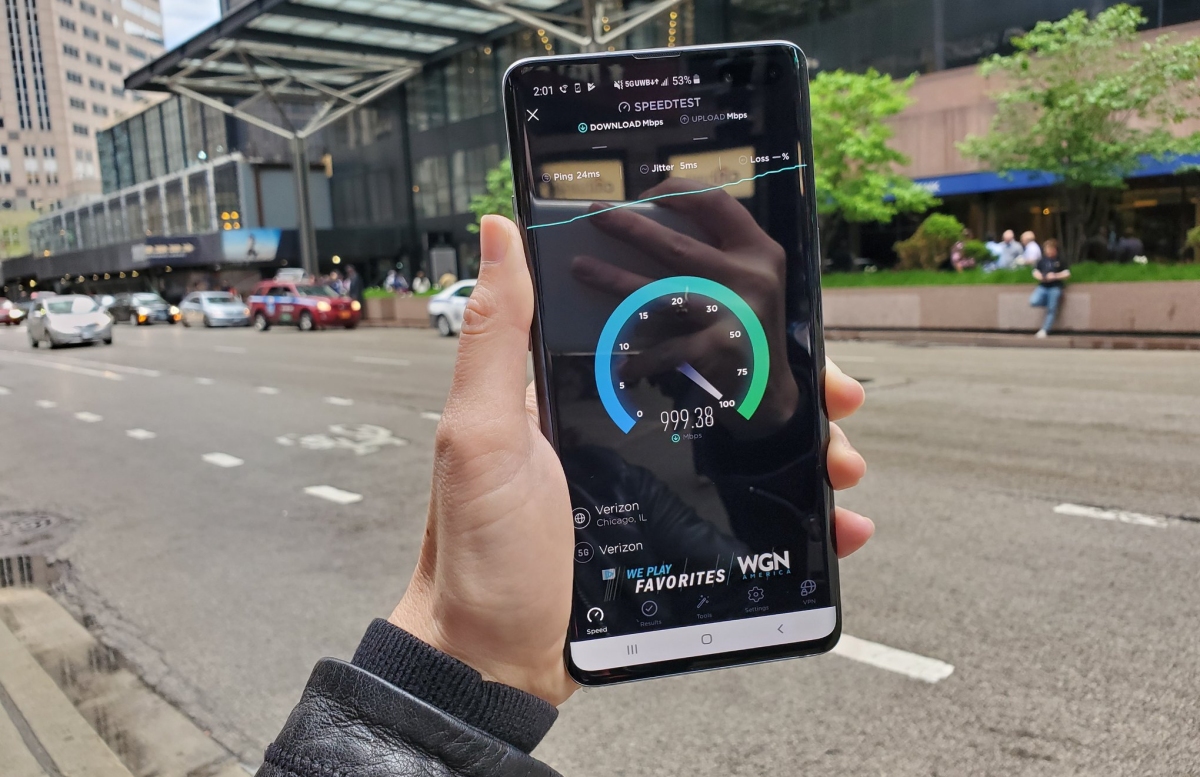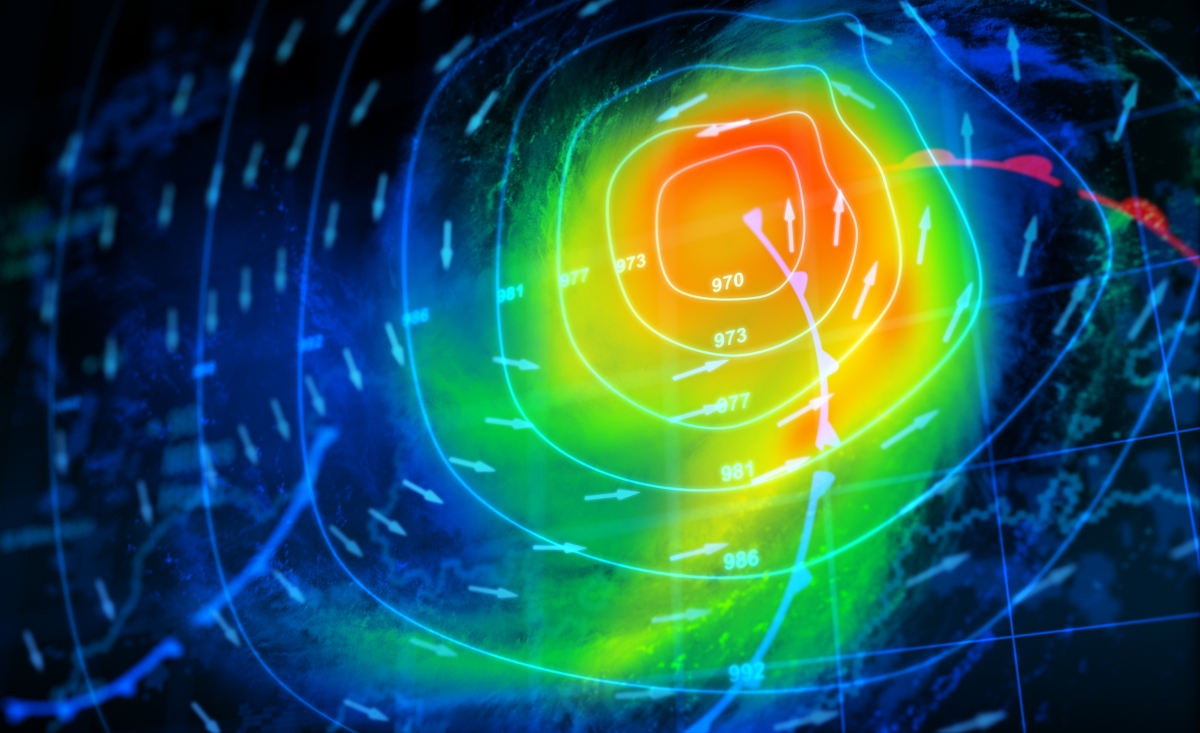A hot potato: Experts from NOAA and NASA are trying to work out a compromise that benefits all parties involved. With any luck, they'll settle on a solution that doesn't hinder either side of the equation too significantly.
5G networks have the potential to advance wireless data transmission by orders of magnitude, but at what cost? According to meteorologists, it'll be to the detriment of weather forecasts.
NOAA Acting Chief Neil Jacobs recently told the House Subcommittee on the Environment that interference from 5G devices could reduce the accuracy of weather forecasts by 30 percent. That's roughly equivalent to the accuracy of weather predictions from 1980.
Minor inconveniences aside, a setback of that caliber would give coastal residents two or three fewer days to prepare for a hurricane and lead to incorrect predictions of a storm's path to land.

The issue is related to the 24-gigahertz frequency band that the FCC started auctioning off to wireless carriers in March. According to Jordan Gerth, a research meteorologist at the University of Wisconsin, Madison, water vapor emits a faint signal in the atmosphere at 23.8 GHz which is very close to what is being auctioned off.
"We can't move away from 23.8 or we would," Gerth told Wired.
Worse yet, the issue isn't limited to the 24 GHz band. Future FCC auctions are close to ones that are used to detect rain and snow (36 - 37 GHz), atmospheric temperature (50.2 - 50.4 GHz) and ice and clouds (80 - 90 GHz).
Lead image courtesy Andrey VP via Shutterstock
